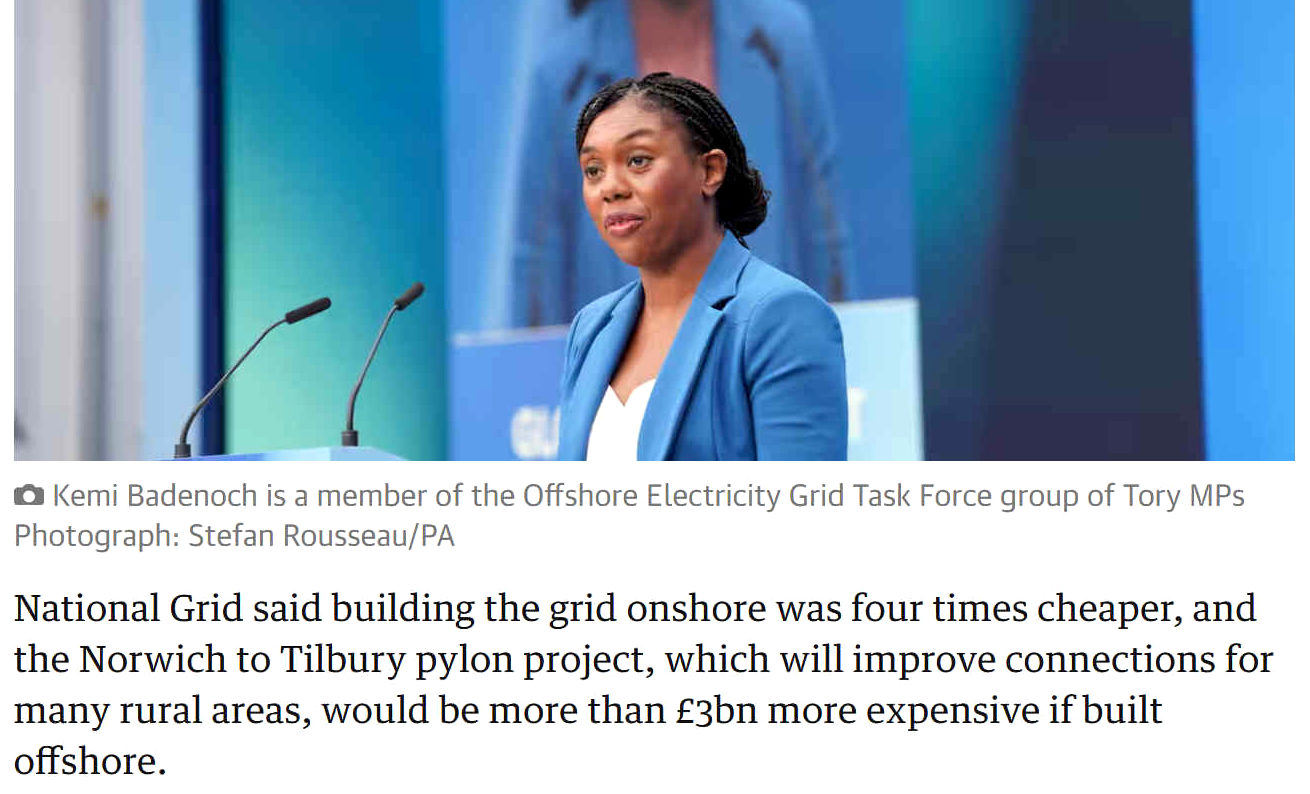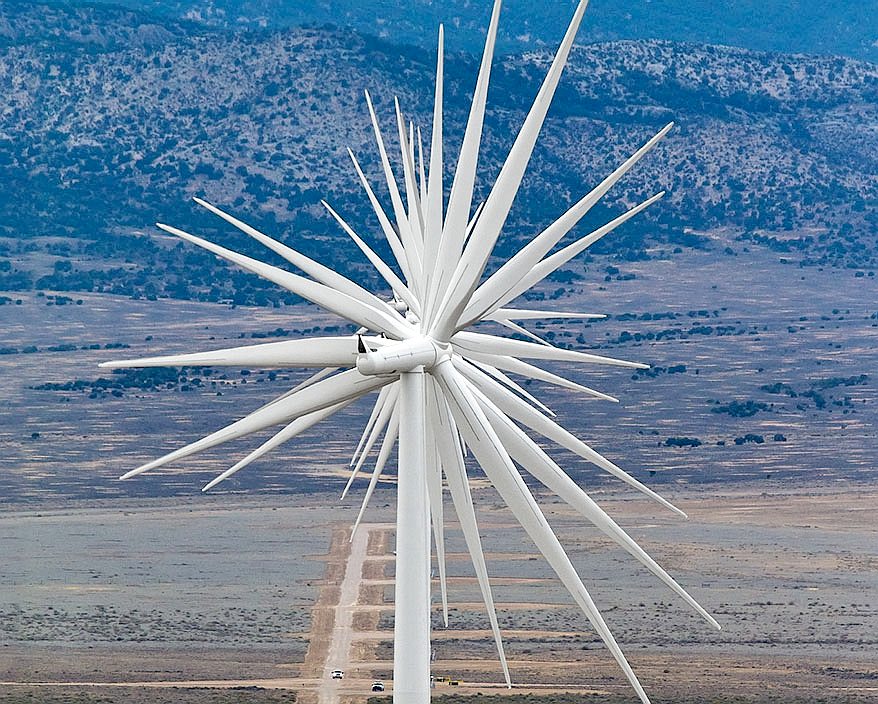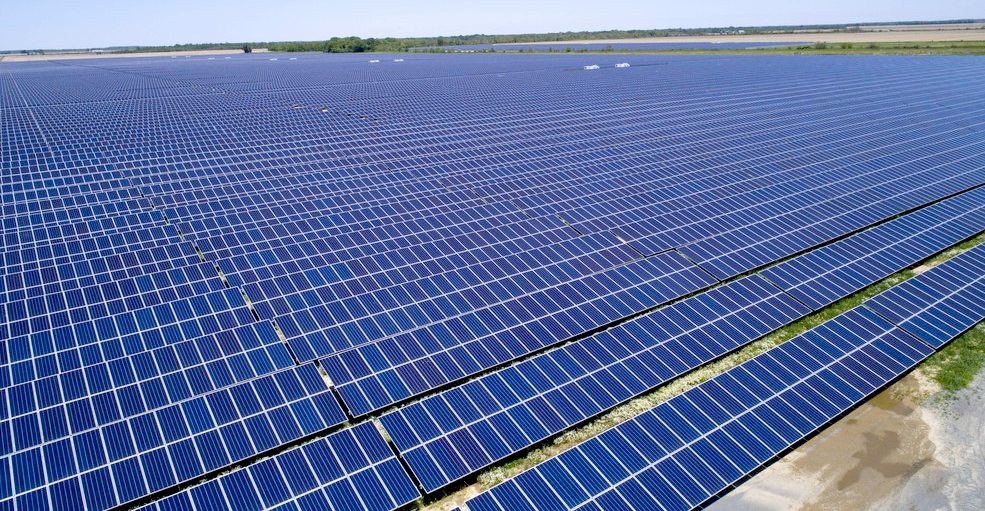|

There is an abundance
of clean, renewable, wind and solar energy that can produce green hydrogen and
electricity to charge vehicle batteries, but there is no transport
infrastructure to support rapid energy exchanges, refuel hydrogen vehicles
and load level.
ENERGY
PRICES & ACCESS IN AFRICA
Despite abundant natural resources, the African continent faces significant challenges in energy access. As of 2021, 43% of
Africans - approximately 600 million people - lack access to electricity, with 590 million residing in sub-Saharan Africa [1].
The immediate priority is to ensure that affordable and reliable energy for all Africans is tackled as an absolute priority. Universal access to affordable electricity, as envisioned in the Sustainable Africa Scenario (SAS), requires connecting up to 90 million people to annually—triple the recent rate of progress [2].
CURRENT ENERGY GENERATION MIX
As of December 2020, Africa’s energy generation capacity stood at approximately 230.4 gigawatts (GW), derived from diverse technologies, comprising:
Natural Gas - The most significant part, contributing 46.65% (about 107,498 MW) and Coal, around 22.54% (around 51,948 MW). Hydropower comprised 16.16% (approximately 37,229 MW)3. While renewable sources account for nearly 18% of electricity output, there is thus substantial untapped potential in this area [4].
SOLAR, WIND & HYDROGEN POTENTIAL
Africa boasts 60% of the world’s best solar resources, yet only 1% of installed solar photovoltaic (PV) capacity exists. Solar energy holds immense promise for the continent’s future energy systems [2]. Although relatively expensive compared to other sources, wind energy offers 109 GW of capacity.
OTHER RENEWABLE SOURCES
Geothermal and Bioenergy: These resources also contribute to Africa’s energy mix [5] [6].
Hydropower: Africa has significant hydropower potential, with the Democratic Republic of the Congo (DRC) accounting for a substantial share.
CLIMATE CHANGE & REGIONAL INSTABILITY
Africa faces more severe climate change impacts than most other regions, despite contributing the least to global emissions. Water stress, reduced food production, extreme weather events, and economic challenges drive mass migration and instability.
The global clean energy transition presents new opportunities for Africa’s economic and social development, especially as countries commit to net-zero emissions by mid-century [2].
2030 AGENDA FOR SUSTAINABLE DEVELOPMENT
The 2030 Agenda, adopted by all UN Member States, emphasizes the interconnectedness of poverty eradication, health, education, economic growth, climate action, and environmental preservation. The SDGs, including SDG 7, provide a shared blueprint for peace, prosperity, and sustainability for people and the planet [7].
In summary, Africa’s energy landscape is evolving, with a growing emphasis on renewables. Achieving universal access to sustainable energy requires concerted efforts, clear strategies, and international support. By harnessing its abundant resources, Africa can pave the way toward a brighter, greener future for all its citizens. The more they invest in renewables, the safer their future. The danger being the temptation to exploit oil and gas. In so doing, contributing to
global warming, thus their own demise.
SOUTH
AFRICA
In South Africa, the cost of electricity varies depending on the type of consumer and the region.
This breaks down as :
Households: The average cost of electricity for households is approximately 110 cents per kilowatt-hour (kWh).
This translates to 2.95 U.S. cents per kWh.
Keep in mind that this figure might vary based on your specific location within South Africa. For instance, residents in Soweto might pay more than those in Cape Town, even if their power consumption is lower.
Utilities:
According to Numbeo, utilities (which mainly include electricity and water) cost around R1,700 per month.
This overall utility cost accounts for both electricity and water expenses.
Please
keep in mind that these figures are approximate and subject to change based on various factors. If you’re looking for precise details, I recommend checking with your local utility provider or government sources for the most up-to-date information.
LET'S COMPARE THE COST OF ELECTRICITY IN SOUTH
AFRICA, NIGERIA & MOROCCO
South Africa: For households, the average cost of electricity is approximately 110 cents per kilowatt-hour (kWh), which translates to 2.95 U.S. cents per kWh.
Utilities (including electricity and water) cost around R1,700 per month.
Nigeria:
As of June 2023, the price of electricity for households in Nigeria is around 23 Nigerian naira per kilowatt-hour (NGN/kWh), equivalent to approximately 0.024 U.S. dollars per kWh.
For businesses, the electricity price is approximately 36 NGN/kWh (about 0.038 U.S. dollars per kWh).
The current prepaid meter tariffs approved by the Nigerian Electricity Regulatory Commission indicate a minimum cost of NGN 59.64/kWh.
Morocco:
In June 2023, the price of electricity for households in Morocco is MAD 1.172 per kWh (approximately USD 0.117 per kWh).
For businesses, the electricity price is MAD 1.072 per kWh (about USD 0.107 per kWh).
Comparing these three nations:
- South Africa has relatively higher electricity costs for households.
- Nigeria’s electricity prices are lower than both South Africa and Morocco.
- Morocco falls in between, with prices slightly higher than Nigeria but lower than
South
Africa.
BASIC
HUMAN RIGHTS
Electricity
should be cheaply available to all, as a basic human
right. As per Sustainability
Development Goal 7. It is the duty of every government to strive to
achieve affordable clean energy for their administrative geographical region. Profits should not
come into the frame, where it introduces energy poverty, or financial
slavery. Privatization of existing grids can lead to a focus on shareholder profits over
grid modernization and expansion, making electricity less affordable for low-income populations. This is particularly detrimental in developing nations where access to reliable energy is crucial for basic needs and development.
PROFITEERING
& MORALS
You
may be asking why people should profit from energy and is that legal?
Mostly, energy companies have shareholders who derive an income based on
share dividends. Sometimes those energy companies would rather they grab a
nice profit for themselves, rather than invest in renewables and
infrastructure (storage), to make electricity cheaper for their customers.
If this is happening in your region, it is because politicians are allowing
it to continue. Whereas, policy changes, as statutory requirements - making
it law, could force suppliers to invest first, with dividends later.
Provided that a good level of investment has been made. Otherwise,
suppliers, and of course the infrastructure network (in the UK Power
Networks) should lose their franchise.
THE
CASE FOR NATIONALIZATION
The
alternative is nationalization, where there are no dividends or shareholders
to leach off a captive market. Then, the matter of procurement fraud may
rise to the surface as something to keep an eye open for. As in tender bids
and transparent tendering. A State operated Grid, Power Storage, and State
operated Power Stations, Solar
and Wind
Farms, would seem to be the only way that SDG7 might be complied with.
AFRICAN
ELECTRICITY PRICES
AUSTRALASIAN
ELECTRICITY PRICES
CANADIAN
ELECTRICITY PRICES
CHINESE ELECTRICITY PRICES
EUROPEAN
ELECTRICITY PRICES
MIDDLE
EASTERN ELECTRICITY PRICES
NORTH
AMERICAN ELECTRICITY PRICES
(USA)
RUSSIAN
ELECTRICITY
PRICES
SOUTH
AMERICAN ELECTRICITY
PRICES
SOUTH
ASIAN ELECTRICITY PRICES
UKRAINIAN
ELECTRICITY PRICES
ELECTRICITY
PRICES UNITED KINGDOM
As
you may imagine, if you are running a business that uses lots of energy.
Location is an important factor in remaining competitive. Industry could be
based near the Sahara desert, where massive solar installations make sense.
And yet, there is little by way of industrial activity. Africa, is thus a
blossoming energy market. Recognised in both the EGYPES
and ADIPEC
energy shows. With many other events concentrating on renewables like green hydrogen
and electrolyzers.
Let’s create a performance league table for electricity prices, ranking countries from the cheapest to the most expensive based on the information
available on the web. Remember that these rankings are subject to change over time, but as of the data available, here’s a top ten list:
Sudan: USD 0.006 per kWh (household price)
Kyrgyzstan: USD 0.049 per kWh (household price)
Bulgaria: USD 0.078 per kWh (average household price)
Hungary: USD 0.078 per kWh (average household price)
Malta: USD 0.078 per kWh (average household price)
Kazakhstan: USD 0.079 per kWh (household price)
Uzbekistan: USD 0.080 per kWh (household price)
Tajikistan: USD 0.081 per kWh (household price)
Turkmenistan: USD 0.082 per kWh (household price)
Moldova: USD 0.083 per kWh (household price)
Please note that these rankings are based on the data searched earlier and may not reflect the current situation. Factors such as subsidies, energy mix, and economic conditions contribute to these prices. We’ll explore the means of electricity generation in more depth later.
Let’s explore the electricity prices in Sudan and Kyrgyzstan, along with their potential connections to sustainability and the United Nations Sustainable Development Goal 7 (SDG 7).
ELECTRICITY PRICES IN SUDAN
As of June 2023, the price of electricity in Sudan is remarkably low. Here are the details:
Household Price: SDG 5.000 per kilowatt-hour (kWh) or approximately USD 0.006 per kWh.
Business Price: SDG 26.000 per kWh or approximately USD 0.029 per kWh.
These prices include all components of the electricity bill, such as the cost of power, distribution, and taxes. For comparison, the average global electricity price during that period was around USD 0.154 per kWh for households and USD 0.151 per kWh for
businesses.
ELECTRICITY PRICES IN KYRGYSTAN
In Kyrgyzstan, the electricity prices are also notably low. As of June 2023:
Household Price: KZT 22.070 per kWh or approximately USD 0.049 per kWh.
Business Price: KZT 28.850 per kWh or approximately USD 0.064 per kWh.
Again, these prices include all components of the electricity bill. Kyrgyzstan’s low electricity prices contribute to its energy affordability for both households and businesses. However, it’s essential to understand the context behind these prices.
POSSIBLE REASONS FOR LOW PRICES
Energy Mix: Both Sudan and Kyrgyzstan have diverse energy sources, including hydropower and other renewables. Hydropower, being a renewable resource, often leads to lower electricity
costs, begging the question why is electricity priced higher in Canada.
Subsidies: Governments in these countries may provide subsidies to keep electricity prices affordable for citizens. These subsidies can help mitigate the cost of power generation.
Economic Factors: Economic conditions, currency exchange rates, and overall development levels influence energy prices. Lower costs of production and distribution can contribute to lower prices.
Historical Context: Historical energy policies and infrastructure investments play a role. For example, Kyrgyzstan has a long-standing tradition of hydropower development.
Connection to SDG 7:
SDG 7 aims to ensure access to affordable, reliable, sustainable, and modern energy for all. Both Sudan and Kyrgyzstan’s low electricity prices align with this goal. By providing affordable energy, they contribute to economic development, poverty reduction, and improved living standards. However, it’s essential to balance affordability with environmental sustainability and climate change mitigation.
Efforts to achieve SDG 7 involve enhancing energy efficiency, promoting renewable energy sources, and fostering international cooperation. Both countries can continue working toward sustainable energy systems while ensuring affordability for their
citizens.

Maybe, it's time for change? To allow the
people, to take back control of their energy prices. We cannot help but make
a reference to Financial Slavery at this point. Because, high food and
energy prices lead to food poverty and energy poverty. Kicking in other UN
SDGs: 1,
2,
3
and 10,
11,
12.


[1]
https://apnews.com/article/electricity-africa-just-energy-transition-d20d1ba86e90c3b9c81f0fc76979acfc
[2] https://www.iea.org/reports/africa-energy-outlook-2022/key-findings
[3] https://www.esi-africa.com/industry-sectors/generation/the-african-single-electricity-market-supply-and-demand-profile/
[4] https://www.statista.com/topics/9143/renewable-energy-in-africa/
[5] https://www.mckinsey.com/industries/electric-power-and-natural-gas/our-insights/powering-africa
[6] https://www.nature.com/articles/s43017-023-00501-1
[7] https://sdgs.un.org/goals
[8] https://www.statista.com/statistics/1275969/main-sources-of-electricity-generation-in-africa/
[9] https://en.wikipedia.org/wiki/Sustainable_Development_Goal_7
[10] https://unstats.un.org/sdgs/report/2016/goal-07/
[11] https://www.un.org/sustainabledevelopment/energy/ https://www.statista.com/statistics/1305909/electricity-prices-in-nigeria-by-user-group/
https://naijatechprice.com/cost-electricity-units-nigeria-prepaid-meter-tariffs/
https://www.globalpetrolprices.com/Morocco/electricity_prices/
https://gulfbusiness.com/crash-at-acwa-powers-morocco-plant-costs-47m/
https://www.evwind.es/2024/03/24/breakdown-at-saudi-concentrated-solar-power-plant-in-morocco-costs-firm-47-million/97426
https://www.statista.com/topics/9470/electricity-in-nigeria/
https://www.globalpetrolprices.com/Nigeria/electricity_prices/ https://earth-planet.org/ https://earth-planet.org/ https://www.statista.com/statistics/1305909/electricity-prices-in-nigeria-by-user-group/
https://naijatechprice.com/cost-electricity-units-nigeria-prepaid-meter-tariffs/
https://www.globalpetrolprices.com/Morocco/electricity_prices/
https://gulfbusiness.com/crash-at-acwa-powers-morocco-plant-costs-47m/
https://www.evwind.es/2024/03/24/breakdown-at-saudi-concentrated-solar-power-plant-in-morocco-costs-firm-47-million/97426
https://www.statista.com/topics/9470/electricity-in-nigeria/
https://www.globalpetrolprices.com/Nigeria/electricity_prices/ [1]
https://apnews.com/article/electricity-africa-just-energy-transition-d20d1ba86e90c3b9c81f0fc76979acfc
[2] https://www.iea.org/reports/africa-energy-outlook-2022/key-findings
[3] https://www.esi-africa.com/industry-sectors/generation/the-african-single-electricity-market-supply-and-demand-profile/
[4] https://www.statista.com/topics/9143/renewable-energy-in-africa/
[5] https://www.mckinsey.com/industries/electric-power-and-natural-gas/our-insights/powering-africa
[6] https://www.nature.com/articles/s43017-023-00501-1
[7] https://sdgs.un.org/goals
[8] https://www.statista.com/statistics/1275969/main-sources-of-electricity-generation-in-africa/
[9] https://en.wikipedia.org/wiki/Sustainable_Development_Goal_7
[10] https://unstats.un.org/sdgs/report/2016/goal-07/
[11] https://www.un.org/sustainabledevelopment/energy/
Please
use our A-Z
INDEX to navigate this site
This
website is provided on a free basis to
promote zero emission transport from renewable energy in Europe and Internationally.
Copyright ©
Universal Smart Batteries and Climate Change Trust 2024. Solar
Studios, BN271RF, United Kingdom.
| 


